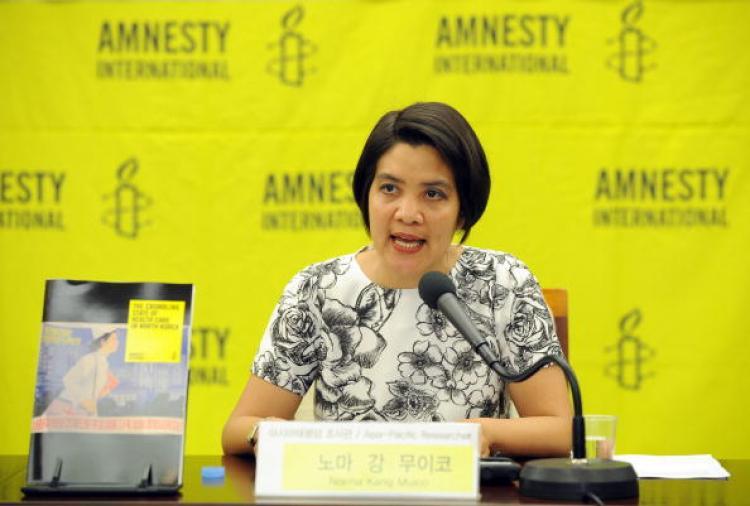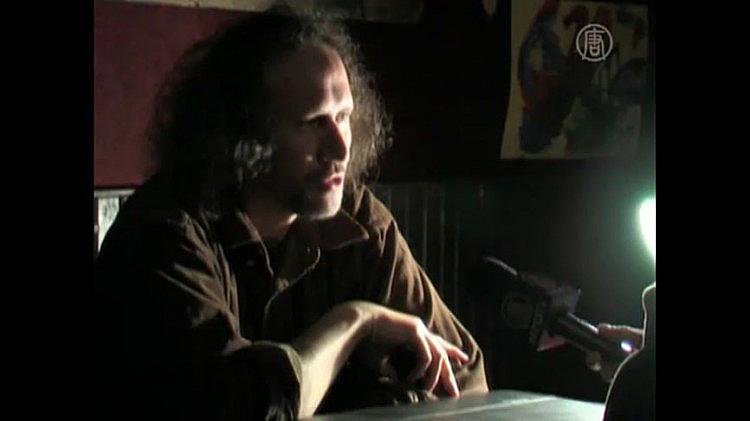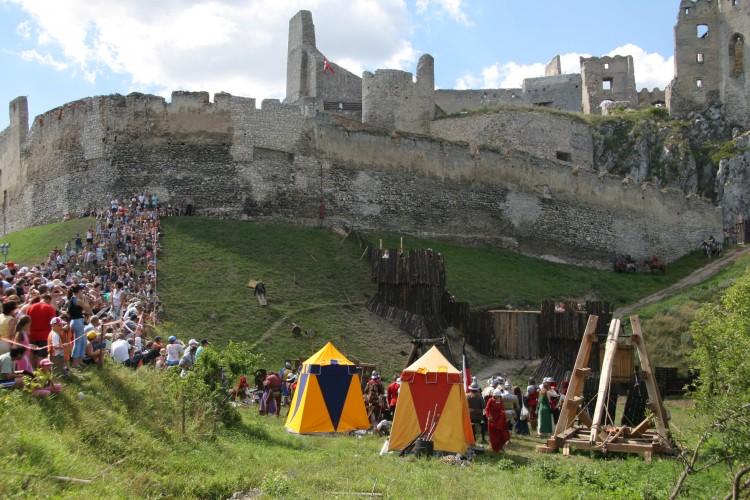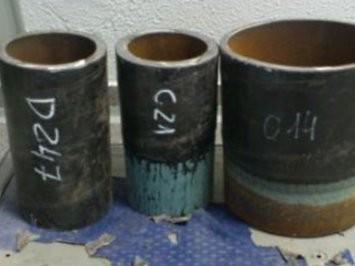North Korea has failed to provide for even the most basic health and survival needs of its people. That’s the conclusion of a report about the dire state of health care in the communist state published by human rights organization, Amnesty International, on Thursday.
More than 40 witnesses, either North Koreans who had recently left the country, or health professionals working there, described the horrific conditions in hospitals, where major surgeries like amputations are performed without anesthesia.
According to the witnesses the barely-functioning hospitals fail to follow basic hygiene procedures such as sterilizing needles, and bed sheets go unwashed for long periods.
Although state propaganda says the health care system is free and universally available, witnesses say that patients have to pay for doctors visits with cigarettes, food, or alcohol, and need to pay cash if tests or surgery is required.
The report called “The Crumbling State of Health Care in North Korea” says that the regime spends under $1 per person per year on health care, less than any other country in the world.
Food Shortage
Since a drastic revaluation of the North Korean currency in December last year, the price of rice has more than doubled. As a consequence, in January and February this year, thousands of people died of malnutrition, according to Amnesty International.
A great famine hit the communist state in the early 1990s, when an estimated 1 million people died because of a lack of food and the refusal of the communist party to accept international help for several years. Food shortages are prevalent to this day.
The study also reveals shocking details about ordinary citizens coping with the lack of food. Thousands of people have been forced to survive on the so-called “wild foods” like grass, mushrooms and tree bark. Some mix grass with ground corn to make corn gruel.
“I ate several different kinds of wild foods, such as neung-jae, which is a wild grass found in the fields. It’s poisonous—your face swells up the next day. Other kinds of grass and some mushrooms are also poisonous so you could die if you picked the wrong one,” said a 24-year-old man named Hwang from Hwasung City.
Another 27-year-old man from Chongji City named Park, recalled how he once almost died eating poisonous mushrooms. “Some wild greens or roots can be dangerous or difficult to digest. During a particularly rough patch, I also ate food you normally feed to pigs,” said Park.
Amnesty International calls on international donors to continue providing medical and food aid to the country.




